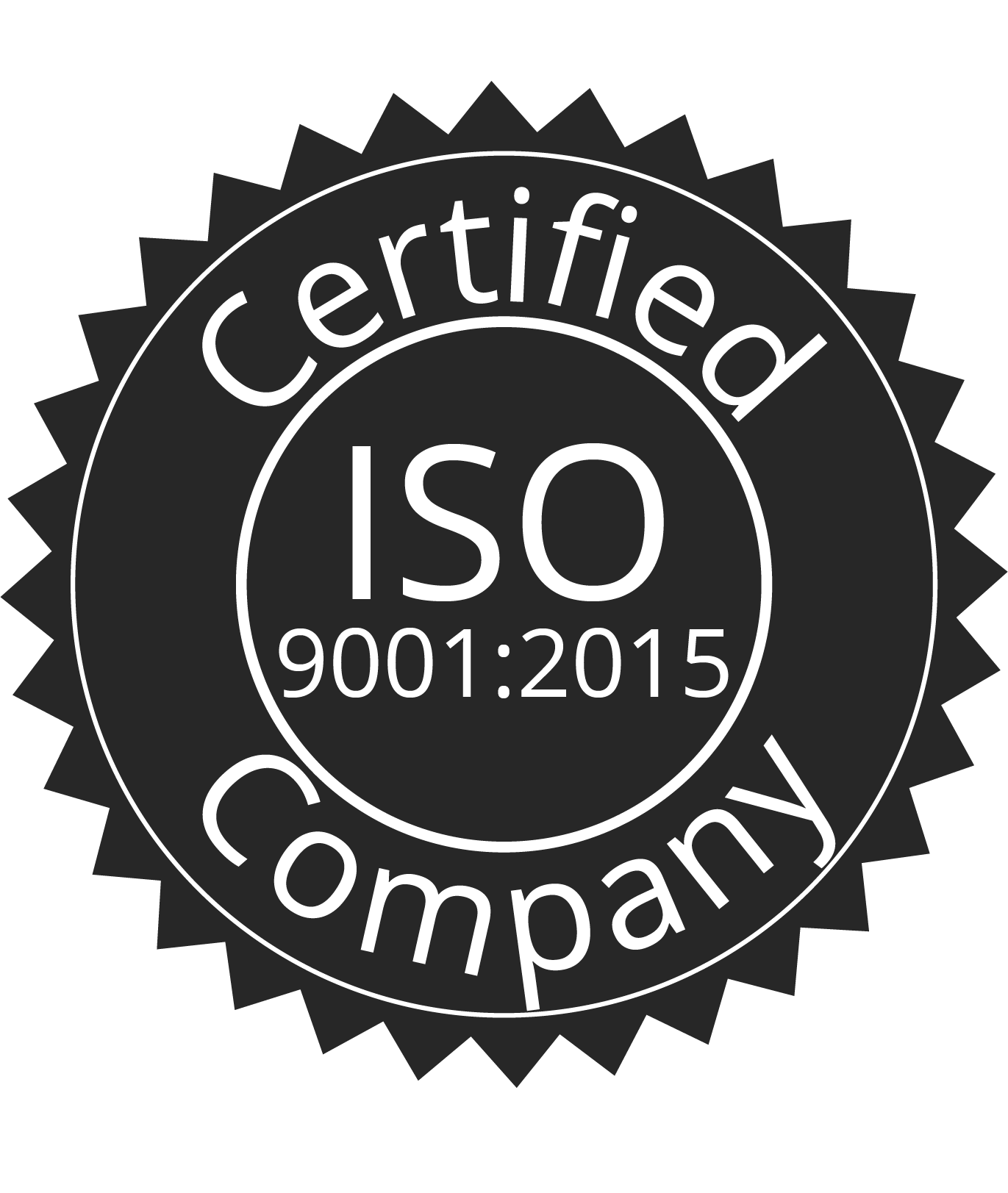The time has now come and gone for Windows 7 users to upgrade to the newest operating system, Windows 10. Windows 7 has officially said its goodbyes on January 14th of this year, ultimately meaning Windows has officially pulled the plug on its lifecycle and all technical assistance moving forward - Windows refers to this as EoL (end-of-life). In early 2019, reports surfaced that Windows would be eliminating the Windows 7 operating system, which meant all security/software patches and updates would come to an end thus putting Windows 7 users at a much higher risk for security concerns if they did not update to Windows 10.
To ensure consumers’ protection, Windows urged users to begin switching before the first of the year in order to protect any of their personal and confidential information and give users an ample amount of time to back up their files and prepare for what was next. Now granted, there are still probably Windows 7 users lurking out there, but Windows clearly stated that they are no longer responsible for any cyber-related incidents or compromised confidential information if you haven’t been able to part ways with the outdated operating system.
So, what happens if you’re one of those die-hard Windows 7 users?
We had initially discussed the end of Windows 7 toward the end of 2019 in our blog and what steps to take but wanted to circle back around to again warn Windows 7 users of these new reports and important security concerns.
Recent reports have been circulating that The National Cyber Security Centre (NCSC), a branch of the U.K. Government Communications Headquarters (GCHQ) intelligence agency, has warned that Windows 7 should NOT be used for emailing, banking or any sensitive account access. Basically, anything you do within Windows 7 that you would not want to be compromised – DON’T DO IT. Cybercriminals are able to easily access vulnerable applications such as email accounts, bank accounts or any web browser that you may be inputting sensitive information, especially when security updates are no longer reoccurring on the outdated system.
It’s a major game of risk that you shouldn’t be willing to take. And the risk is even greater for businesses still operating on Windows 7. The warning specifically calls out businesses to upgrade immediately – and if not, to purchase the Windows 7 Extended Security Update (ESU) program that will prolong the lifespan of the system for another three years. The Telegraph newspaper also reported that the NCSC stated Windows 7 users should “move sensitive data to a supported device and not to use them for tasks like accessing bank and other sensitive accounts.” They’ve even suggested that Windows 7 users should “consider accessing email from a different device.”
Moral of the story? UPGRADE NOW - reduce your vulnerability, risk and overall headache. It’s not worth putting your sensitive data in the hands of the wrong person. The good news is that if you act quickly, there is still the potential to upgrade to Windows 10 for FREE. It’s better to be safe than sorry and to stay ahead of any cyber-related incident.





